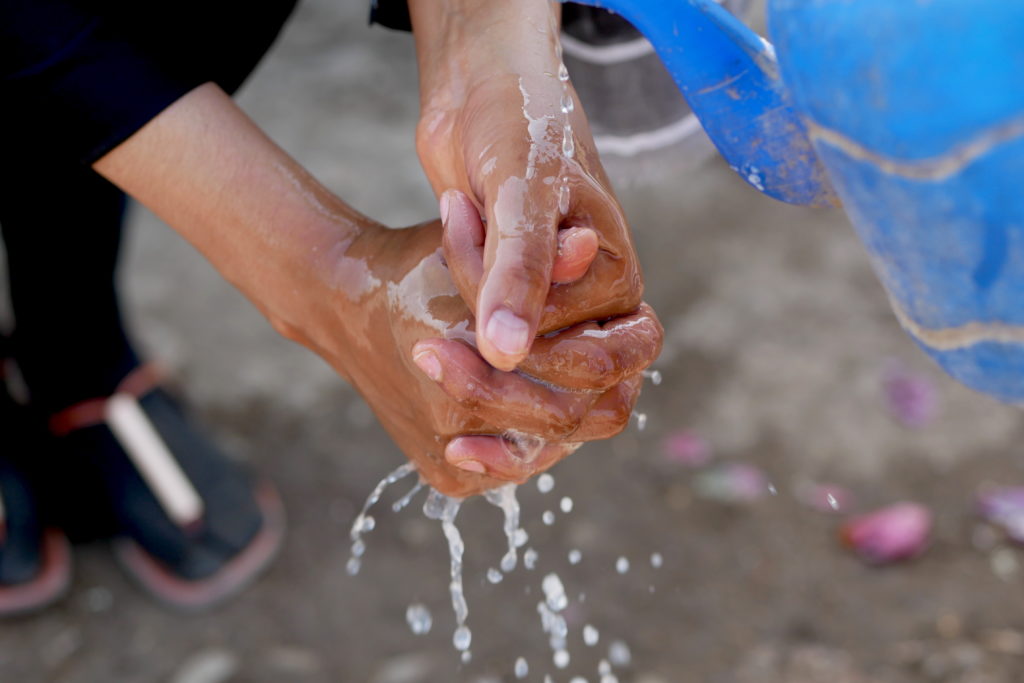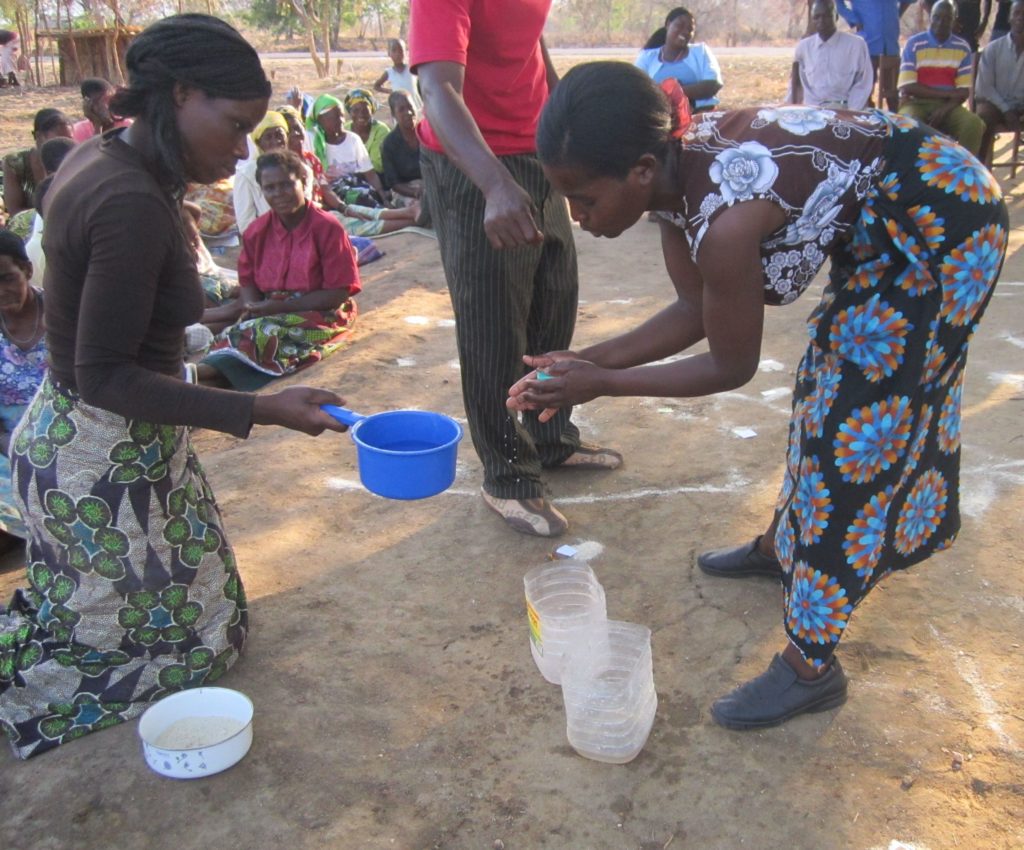Hygiene is at the top of the global agenda, as the world recently struggled to control the COVID-19 pandemic. Hygiene encompasses a range of different practices including handwashing with soap, menstrual hygiene management and the safe disposal of child faeces.
Handwashing with soap at critical times (after defecation, cleaning a child’s bottom and/or handling child faeces, before feeding children (including breastfeeding) and before food preparation and eating) is a vital part of safe S&H practices. Children’s faeces are often incorrectly believed to be less dangerous than those of adults and frequently continue to be unsafely disposed of in areas with high levels of toilet use.
Poor menstrual hygiene management (MHM) practices and having to change menstrual materials outside is also associated with urinary and reproductive tract infections as well as loss of dignity for women. Lack of facilities for menstrual hygiene management in schools can result in girls regularly missing days, impacting their education.
Changing hygiene behaviours is notoriously difficult and new innovative approaches need documenting and spreading. Water scarcity, exacerbated by climate change, will force the sector to incorporate water access with handwashing and hygiene interventions in better ways.







